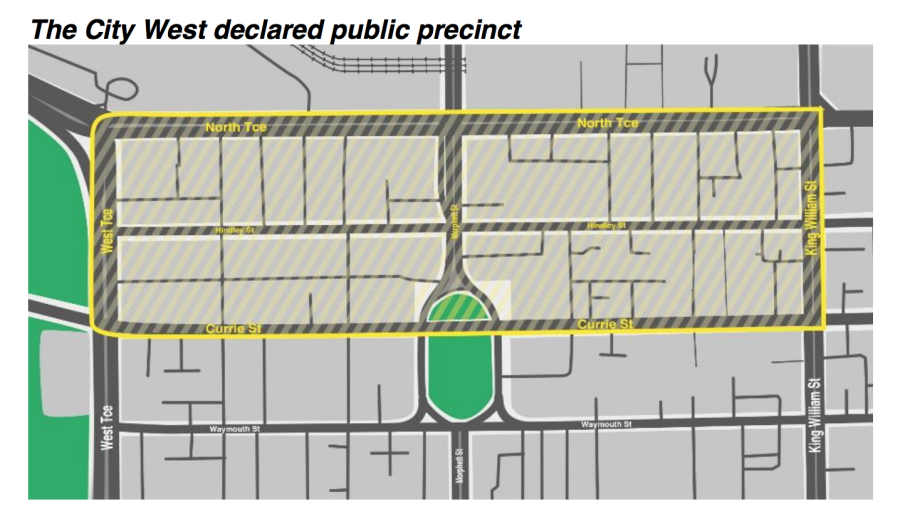Andrew Williams from Williams Barristers and Solicitors was interviewed by Vini Ciccarello on the drive time program for Radio Italians in relation to police powers. The following is an outline of the conversation.
Given New Year is approaching and the change/increase in police powers specific to the City West Entertainment Precinct, it is timely to talk about your rights when interacting with the police.
Police Powers in South Australia
An effective and efficient police force is essential in a liberal democracy so why should we be concerned with our individual rights?
Two reasons; the right to live your life without undue interference from the state and the right to “quiet enjoyment” of your home and other property.
Both are also essential in a liberal democracy and finding the balance between the application of police powers and personal freedoms is an ongoing process.
How should I react when stopped or accosted by police in the street?
This can be confronting but don’t panic. Be polite, listen to what the police have to say. If concerned call your lawyer.
Do I have to answer the questions of the police?
It is not unlawful for police to ask questions but only in specific circumstances are you compelled to answer.
There are some questions that you must answer, for example: you must provide your name and address if;
- police suspect you of committing an offence,
- or suspect you can assist in the investigation of a serious offence,
- or you have been involved in an accident.
Generally speaking however, after the above circumstances, you do not have to;
- answer police questions;
- provide a statement to the police;
- provide police with “your side of the story”.
Do you have any tips to apply when being questioned by police?
If you are unsure as to your obligation to answer police questions simply ask, “Am I legally required to answer?” (If you are misled by the police into answering, a Court is likely to exclude that evidence on fairness grounds in their proceedings).
Do I have to consent to a search of my person or my vehicle by the police?
Don’t consent to personal searches or searches of your vehicle.
If police have reasonable cause to suspect there are stolen goods, or evidence of an offence, or goods possession of which constitutes an offence, police have the power to search in a public place.
Don’t obstruct a search by police; if police exercise search powers unlawfully, a court is likely to exclude that evidence on fairness grounds.
Do I have to sign anything (for example a statement in a notebook) presented to me by the police?
Do not sign anything.
What are the changes to the law, that effect police powers in the City West Precinct?
Searching without any need for reasonable cause is the major change. Police will first search with a metal detector and then progress to a personal search. You might think that most people have keys, coins, metal belt buckles that will be detected and result in;
- searches without cause;
- banning persons from the precinct;
- directing persons to leave the precinct;
- issuing on the spot fines for disorderly behaviour;
- removing children under 18 from the precinct.
The law has also been changed to increase penalties for possession of unlawful objects or offensive weapons in the precinct.

